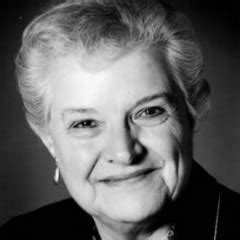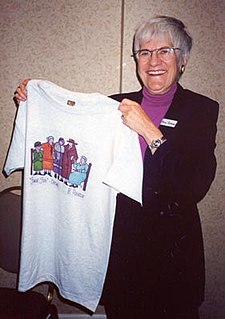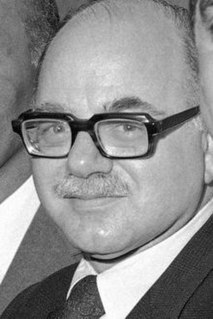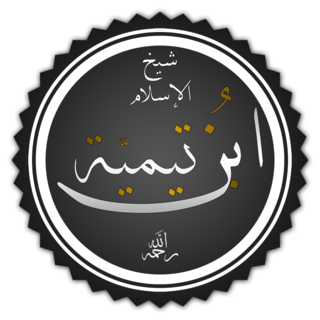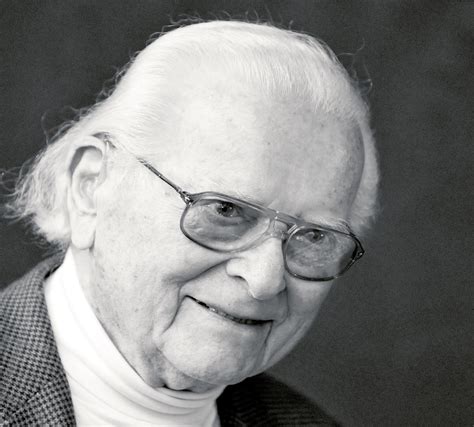A Quote by Aristotle
All teaching and all intellectual learning come about from already existing knowledge.
Related Quotes
Knowledge about yourself binds, weighs, ties you down; there is no freedom to move, and you act and move within the limits of thatknowledge. Learning about yourself is never the same as accumulating knowledge about yourself. Learning is active present and knowledge is the past; if you are learning to accumulate, it ceases to be learning; knowledge is static, more can be added to it or taken away from it, but learning is active, nothing can be added or taken away from it for there is no accumulation at any time.
Faith is indeed intellectual; it involves an apprehension of certain things as facts; and vain is the modern effort to divorce faith from knowledge. But although faith is intellectual, it is not only intellectual. You cannot have faith without having knowledge; but you will not have faith if you have only knowledge.
In Buddhism, both learning and practice are extremely important, and they must go hand in hand. Without knowledge, just to rely on faith, faith, and more faith is good but not sufficient. So the intellectual part must definitely be present. At the same time, strictly intellectual development without faith and practice, is also of no use. It is necessary to combine knowledge born from study with sincere practice in our daily lives. These two must go together.
Teaching is more difficult than learning because what teaching calls for is this: to let learn. The real teacher, in fact, lets nothing else be learned than learning. His conduct, therefore, often produces the impression that we properly learn nothing from him, if by "learning" we now suddenly understand merely the procurement of useful information.
Seek (beneficial) knowledge,
because seeking it for the sake of Allaah is a worship.
And knowing it makes you more God-fearing;
and searching for it is jihad,
teaching it to those who do not know is charity,
reviewing and learning it more is like tasbeeh.
Through knowledge Allaah will be known and worshiped.
Be light-hearted, light-footed. Be of light step. Don't carry religion like a burden. And don't expect religion to be a teaching; it is not. It is certainly a discipline, but not a teaching at all. Teaching has to be imposed upon you from the outside and teaching can only reach to your mind, never to your heart, and never, never to the very center of your being. Teaching remains intellectual. It is an answer to human curiosity, and curiosity is not a true search.
There is, so I believe, in the essence of everything, something that we cannot call learning. There is, my friend, only a knowledge-that is everywhere, that is Atman, that is in me and you and in every creature, and I am beginning to believe that this knowledge has no worse enemy than the man of knowledge, than learning.


